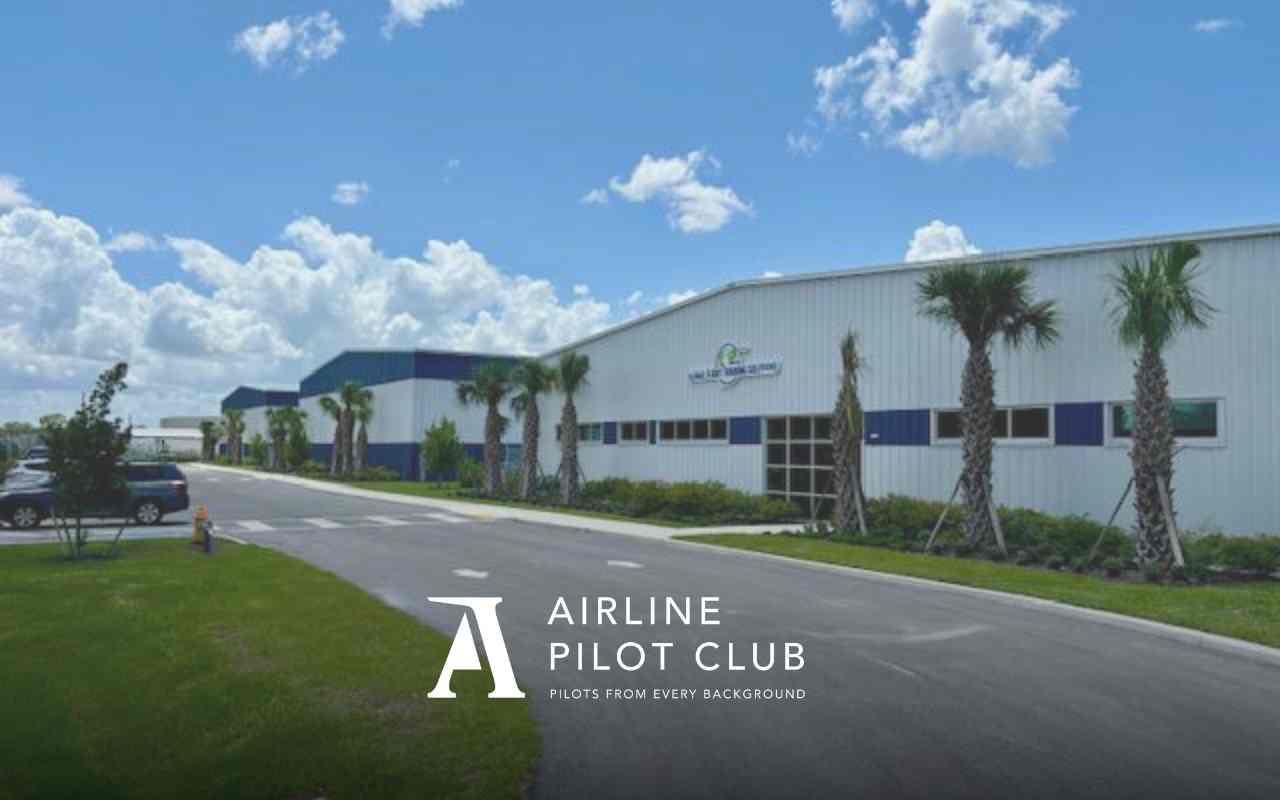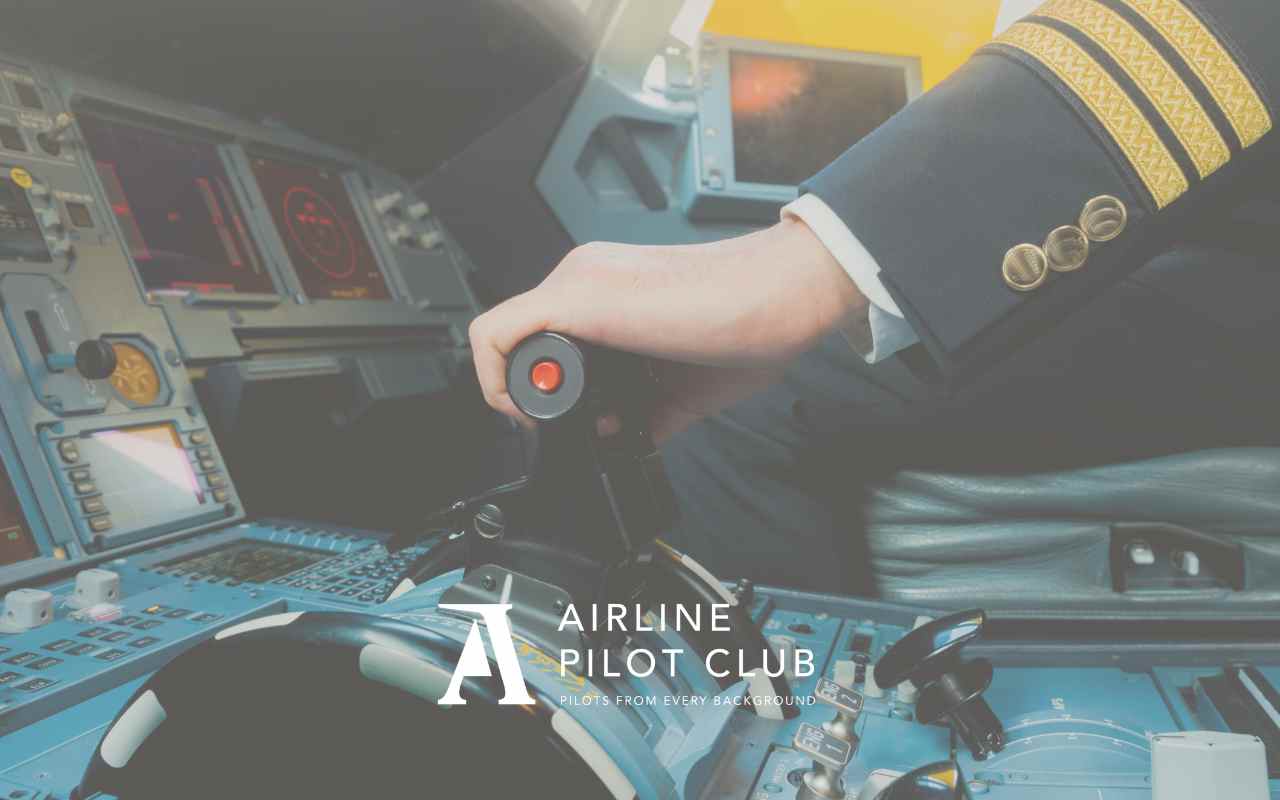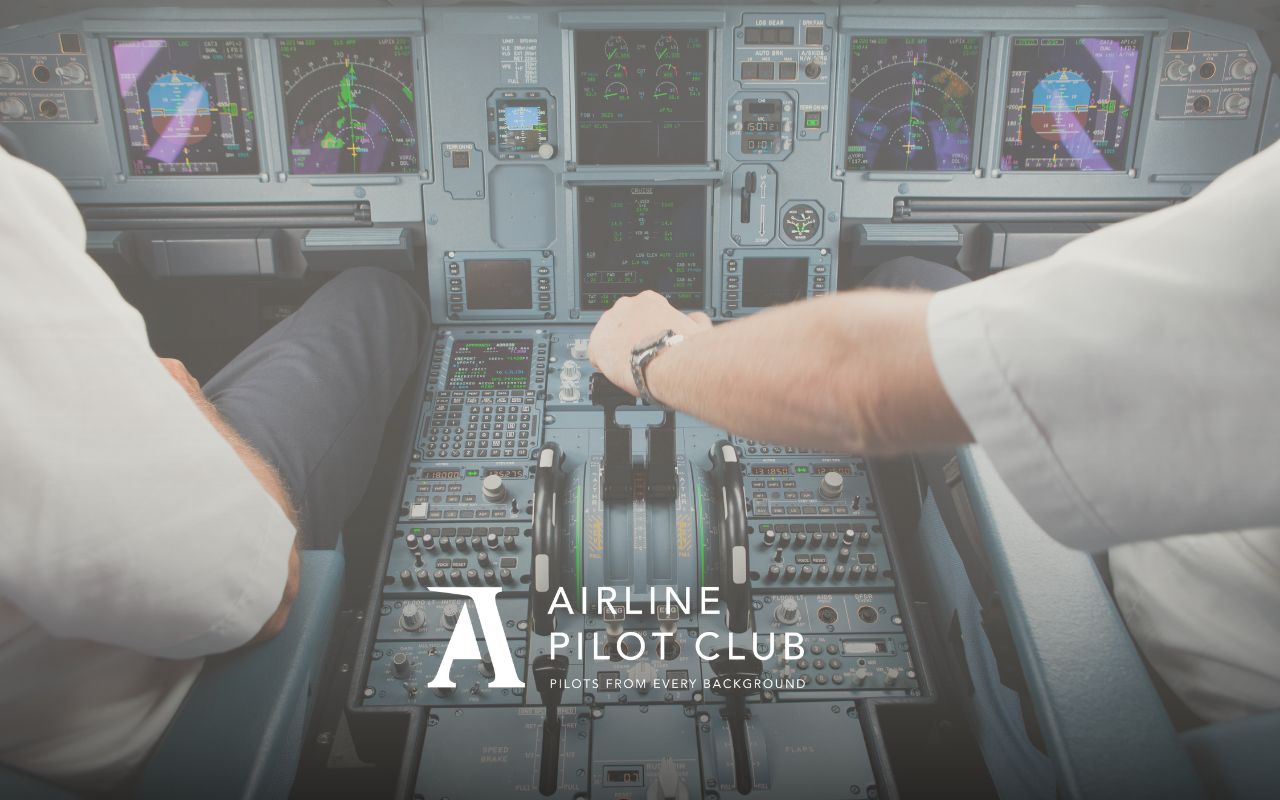How secure is an airline job in today’s world?
David Learmount/London
Right now, with flight cancellations in the post-pandemic airline industry still a regular occurrence, it would be reasonable to wonder whether aviation is a secure environment for a lifetime career. After all, lots of people in all trades lost airline jobs during the Covid 19 pandemic.
So, let’s examine whether any such nervousness could be justified.
Boeing’s latest forecast of demand for new commercial airline pilots between now and 2041 is 602,000. That is the number of pilots that the training industry must produce in the next 20 years.
These estimates are based on the universally accepted assumption that global air travel demand will recover to pre-pandemic levels by 2024. In fact, it already has recovered in a few parts of the world, so this is seen as a safe assumption. Meanwhile Boeing points out that demand in the Russian Federation is not included in these figures because of uncertainty there created by that country’s invasion of Ukraine, which means Western manufacturers are not permitted to supply it with aircraft or support because of economic sanctions.
Boeing explains its figures, starting with the reduced effect of Covid 19 on travellers’ intentions: “Vaccine access has increased dramatically, travel restrictions have eased, and people are eager to travel. The resulting surge in demand for pilots has restored many of the jobs affected by the pandemic and created openings for new pilots.”
The manufacturer continues: “Because the industry already was heading toward a global pilot shortage before the pandemic, many airlines instituted cadet pilot programs to fill their talent pipelines. Operators that paused or cancelled these programs during the pandemic will resume their focus on new pilot development. Concurrently, the industry must address a global shortage of certified flight instructors.”
With this upbeat forecast in mind, let’s review the effect of the Covid pandemic. This was a unique event in the history of commercial aviation. Efforts to control the spread of the virus effectively grounded the industry worldwide from about March 2020 for the rest of that year, and throughout most of 2021 operations were massively curtailed.
During the dark days of 2020, experts trying to predict industry recovery were effectively flying blind because there was no historical precedent to learn from. Nevertheless, 2023 emerged as the consensus view as to when operations would return to pre-pandemic levels, and it looks as if the gurus will broadly be proven right.
Certainly, the demand for air travel is there. All over the world passengers are storming airports desperate to fly, undeterred by any travel uncertainties still affecting the industry in this convalescent period for airports and airlines.
There have been seismic economic shocks to the industry before, but nothing quite as widespread and prolonged as the pandemic. For example, after the 11 September 2001 attacks on the New York World Trade Centre, US air transport was shut down by the government for several days, and all aircraft heading for the USA were turned back. The skies over North America, the North Atlantic and much of the Pacific emptied completely.
Fast-forward, and although serious events like the Russian invasion of Ukraine are influencing air traffic flows in and near those two countries, the queues of passengers at airports all over the rest of the world still scrambling for a reduced number of airline seats - desperate to get away on holiday - testify to a robust will to travel, despite everything.
The reason flights are being cancelled is that, during the pandemic, large numbers of airport and airline employees left the industry - some of them permanently. The problem, therefore, is not a shortage of aircraft seats, it is a shortage of pilots, cabin crew, airport check-in and security staff, and baggage handlers.
If, as a prospective pilot trainee, you are still nervous about the security of jobs in the industry, note that the air freight business was hardly affected by the pandemic, and it continues to grow at a healthy rate.
Finally, there is a whole new aviation world, known as eVTOL (electric vertical take-off and landing) that is almost upon us! If, that is, we are to believe the promises of multiple start-up manufacturers funded by venture capitalists all over the world, building smart multi-rotor air taxis that promise to revolutionise urban and short-range travel. Although the manufacturers dream of these machines ultimately being pilotless, Europe’s aviation authorities have already said they will insist that, once certificated for public service operations, the new machines are flown by fully qualified commercial pilots.
So, if you are looking for a flying job while you wait for a right-hand seat in a big jet, eVTOL operators will be knocking at your door with their cheque books!

.png)


